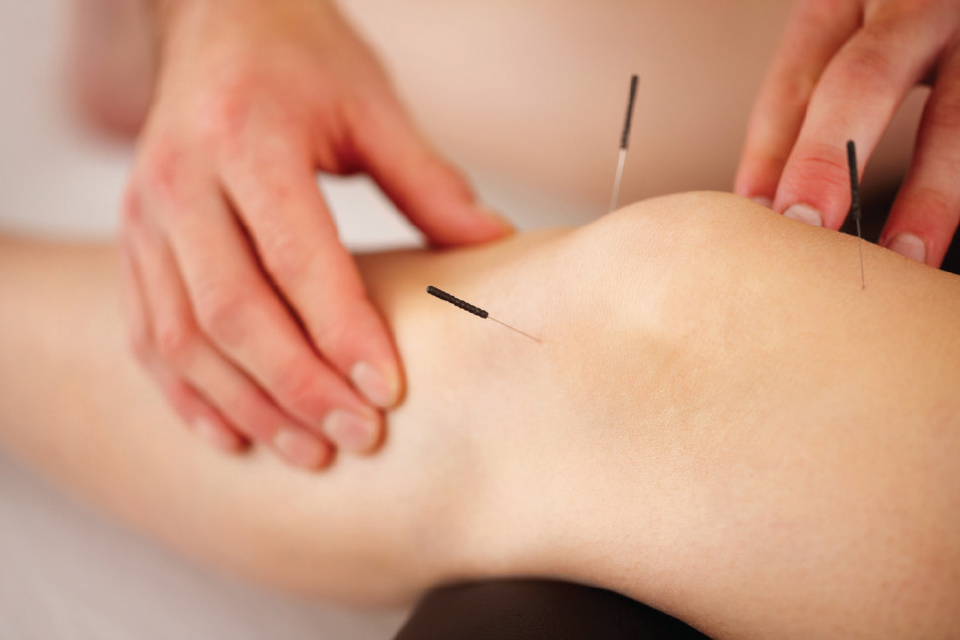East Meets West to Maximize Your Health Results

Here you are in one of the fittest cities in the world, yet you are struggling with your health. Maybe it’s that nagging, complex, chronic disease, or cedar fever has hit you like a brick. Perhaps you can't sleep, feel stressed out and anxious, or you have no energy, feel depressed, and are stuck in a funk. Or maybe you are trying to have a baby, reduce the need for multiple medications, or avoid surgery.
You keep hearing about acupuncture, herbs, and nutritional supplements but wonder how to best combine these non-conventional therapies into your medical care to improve health results.
What can today’s health care consumer and patient do to effectively build a bridge between the Western doctor and Chinese medicine practitioner or acupuncturist? And how can doctors take advantage of these complementary health experts to improve patient care?
Over the past 25 years, Chinese medicine, a system of care that includes acupuncture, herbs, and other related health therapies (grouped and referred to as AOM), has become one of the most commonly used health-care approaches developed outside of Western medicine (also referred to as conventional medicine) to treat many specific conditions and achieve overall well-being. AOM originated in ancient China and has evolved over thousands of years, acquiring specific characteristics of the different cultures it has encountered along the way and reflecting the changing times.
Although built upon a complete system of theory and practice that is rooted in the ancient philosophy of Taoism, the practice of AOM is based on three timeless, fundamental principles: individualized care, prevention, and restoring a sense of balance. These fundamental principles make AOM invaluable in supporting a change in focus from disease-centered care to wellness and prevention.
Acupuncturists can work hand in hand with physicians to try out treatments to encourage the body’s own innate ability to heal and manage distressing symptoms. AOM can help support the immune system, improve metabolism, restore ability to handle stress, optimize digestion, manage pain, balance hormones, improve sleep, and counteract the side effects of necessary medications.
To get the best out of both medical worlds, it’s important for patients to keep it safe and optimize health results.
Be prepared: AOM providers often spend a considerable amount of time getting to know their patients and strive to develop close patient-provider relationships. When people are confronted with chronic disease, unrelenting pain, unexplained symptoms, and pervasive negative emotions—one after the other and often all at once—doctors in a busy medical setting may find it challenging to make sense of the whole story in the time-constrained appointment.
For an initial acupuncture visit, patients should
• write down all symptoms and concerns, even if they seem unrelated;
• carefully jot down a timeline of health history;
• include a list of all medication, herbs, and supplements currently taken (with doses and brands);
• and feel free to explore the connection between important lifestyle, physical, emotional, and spiritual factors.
Coordinate the health-care team: It’s important for patients to actively share their treatment information to encourage communication and inter-professional collaboration.
Patients should
• tell physicians that they are seeing an AOM provider;
• ask acupuncturists to introduce their practice to conventional medicine physicians;
• and be the point person to keep all parties informed about herbs, medications, and supplements. This is important to avoid any problems that arise from combinations, as some prescribed treatments may interact poorly.
Be the change and keep track of change: How a patient approaches the concept of self-care is important to its success. Welcoming an AOM provider’s encouragement to engage in self-care can help patients make lifestyle changes that support health. It’s also important for patients to note changes and be aware of the effects of treatments—this awareness can help individuals enjoy the increased body awareness and improved energy that acupuncture treatments can provide.
Remember: Practitioners, whether Western or Eastern, can only offer options, share their experience and insight, and partner with informed patients. Honor the right to choose a healing path, and take charge of supporting health.






